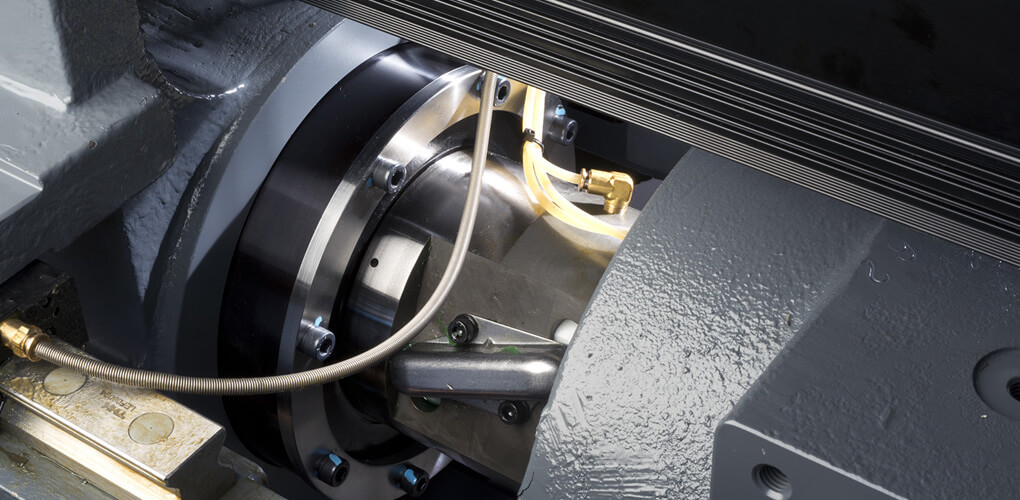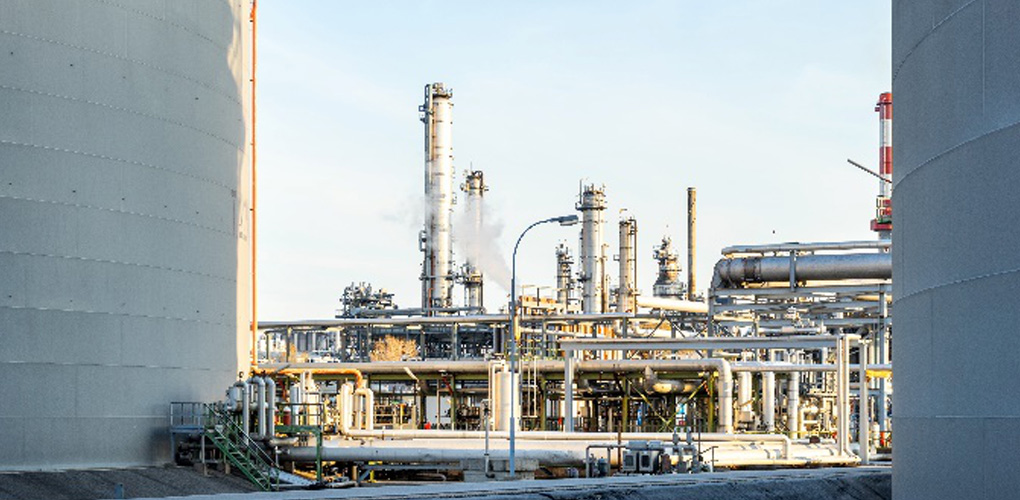Differential Pressure Transducer is Ideal for Monitoring Gas Turbine Air Filters
Differential Pressure Transducer; A Complete Guide
Differential Pressure Transducer is a popular and effective pressure measuring device that finds extensive use in industries. Their wide use is in the applications of closed systems like flow pipe and duct systems. These devices measure the pressure drop across the screening media and indicate when the operator needs to change it. These devices find wide usage in the Gas Turbine power cycle. The Gas Turbine cycle uses air and other gases that contain impurities. These impurities are not suitable and therefore need removal. The air filters refrain the particles from letting in the turbine, thus preventing it from damage.
You May Also Read: What are Air Compressor Pressure Transducer Measurement Issues & Criteria?
This article emphasizes differential pressure transducers' effectiveness and why it is ideal for gas Turbine air filters. But before we begin with the actual topics, let's study basic terminologies to understand our article better.
Differential Pressure
Many industrial processes use filter mechanisms to remove particles to lower the load on downstream processes. What does this mean? Consider the wastewater treatment plant. Before the actual treatment begins, there is a need to remove particles like plastic materials, wood sticks, and other impurities that may clog the pumps and other equipment to perform further treatment. So these particles need removal.

Industrial processes employ filter mechanisms to remove physical impurities. The filter stops the large particles on its media, allowing only the flow of water. The flow depends on the size of the filter pores. Larger the pores, lower are the chances of clogging or vice versa. When a filter stops particles from flowing downward, particles clog on the filter media, and therefore, pressure builds up. This pressure drop is what we call differential Pressure.
Differential Pressure Transducer
The measurement of differential pressure or Delta-p is crucial to determine the pressure drop on both sides of the filter. When the particles entirely clog the filter, extreme pressure builds up that can reduce the filter efficiency. This intense pressure may cause the particles to leave the filter and contaminate the impurity-free water in the downstream processes. Therefore, the sealed pipes in industrial processes require careful control of Delta-p.
The processes employ pressure taps before and after the filter media to measure the Delta-p on both sides of the filter. The pressure Transducer connects the ends of these pressure taps and measures the inflow and outflow pressure. The differential pressure Transducer is a popular pressure measuring device and finds extensive use in industrial applications. It determines the pressure on filter media and signals the clogging of filters to the operators. Thus, the operators know when to change the media and prevent the particles from ruining the downstream equipment.
How Does A Differential Pressure Transducer Work?
The most common of all the Transducers is the strain gauge Transducer. Differential pressure strain gauge Transducer works by converting pressure into analogue electrical signals. There is a diaphragm that comprises strain gauges. The Transducer achieves the conversion of force by the physically deforming strain gauges. The other standard technologies of Transducer include capacitance, potentiometric, and resonant wire pressure Transducers. The technologies may differ. However, the working principle remains the same.
Since we are now familiar with all the basics of a pressure transducer, let us jump towards its role in one of its most wide application, i.e. gas turbine power generation.
Gas Turbine
Gas Turbine is the heart of electricity generation. The air, when combines with other natural gases, produce fuel. This fuel formulates Chemical energy, and the gas Turbine converts this energy into electrical energy that we enjoy in our homes and businesses. The turbine achieves the conversion of electricity by employing a generator. Let's study how a gas turbine engine works.
Ignition
The Turbine cycles first ignite the mixture of air and other gases. It first compresses the air and then mixes it with other natural gases and heat them at high temperatures to ignite them, thus producing hot gases.
Spinning
The turbine spins the mixture of hot gases using Turbine blades. This spinning produces chemical energy and thus, rotates the shaft that connects the turbine to the generator.
Power Generation
The generators work using magnets. The rotation of the shaft turns the magnet that surrounds copper wire coils. Hence, the magnet creates a strong magnetic field, and this magnetic energy combines with copper wires to produce electrical power.
Role Of air filters in gas Turbine power cycle
The gas Turbine produces electricity from chemical energy produced by mixing air and natural gases. Therefore, the air must be free from debris and pollutants to protect the gas turbine's life and efficiency.
The issues that the absence of an air filter creates is erosion, fouling, and corrosion. Air quality is crucial for the turbine as air with harmful contaminants may cause severe damage and harm to the engine. Therefore, air filters are a must-have component for gas Turbine systems.
Erosion
Erosion causes the degradation of a material. We all know that the materials used in industries like pipes, compressors, and other equipment are costly. The flow rates of gases and liquids in lines is very high. If the gas or liquid is in the form of slurries or contains large contaminants, it can erode the pipe, thus reducing the efficiency and mechanical degradation.
Fouling
Fouling is the deposition of particles inside the pipe surface. Small particles like sea salts, mud, and pollutants in the air can form debris. This formation of debris keeps increasing with time and thus, reduces the flow area and increases pressure drop.
Corrosion
Corrosion is a harmful chemical attack on the surface of the pipe. It is necessary for the gas or liquid that enters the line to be free from harmful contaminants that can corrode the pipe. The surfaces of the line thus corrode, and its long term effect can remove the material.
The air filters can reduce these problems by refraining harmful substances and chemicals to let in the gas turbine.
Differential Pressure Transducers Are Ideal for Monitoring Gas Turbine Air Filters
Now we are well aware of everything related to the differential pressure Transducers and a Gas Turbine engine. The filters used in a gas turbine engine and need continuous monitoring. The clogging of the filter builds up pressure to reduce efficiency and cause wear and tear damage in the downstream equipment.
The pressure Transducers are an ideal solution to curb these impurities' effect by continuously measuring the pressure across both filter media. This pressure drop indicates how the media is clogged and therefore, provides a convenient and efficient operation.
The Gas Turbine systems ignite the air and natural gas mixture and combust it, and the energy resulting from the combustion causes the Turbine blades to rotate.
This rotation results in the conversion of energy and causes the generator to produce electricity. As the generator uses filters, the operation is efficient and damage-free.
However, filters can result in financial and operational damage as particles' clogging can create a pressure drop, reducing the engine's operating life. Hence careful monitoring of filters is mandatory to prevent ineffective operation and wear and tear damage. The pressure transmitter is, therefore, an ideal solution for monitoring a gas turbine system.
You May Also Read: Choosing Hydraulic Pressure Sensor for OEM Application
Conclusion
To conclude, differential pressure transducers are tremendous pressure measuring devices and find extensive use in industries. Also, these devices measure the pressure drop across the filters in gas turbines and identify the operator's need to change the filter.
This careful maintenance stops the particles from getting into the pipelines and causing damage to the downstream processes. Thus a differential pressure transducer is a must-have device in industrial and commercial sectors.
For More Information, Contact Us Today!













